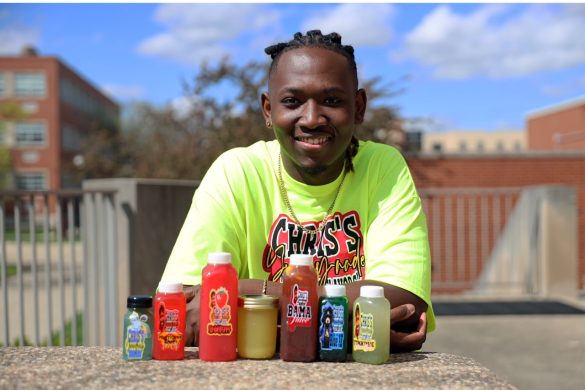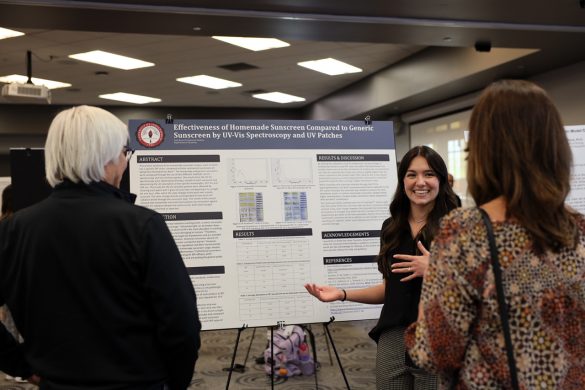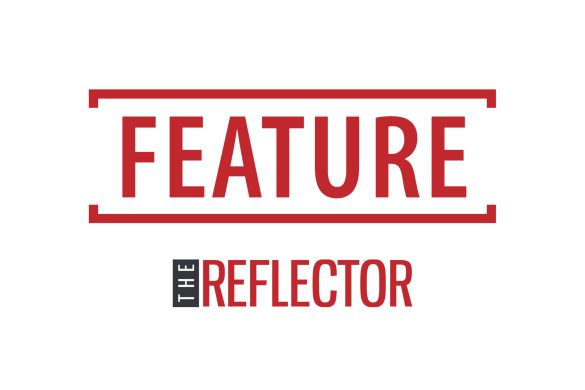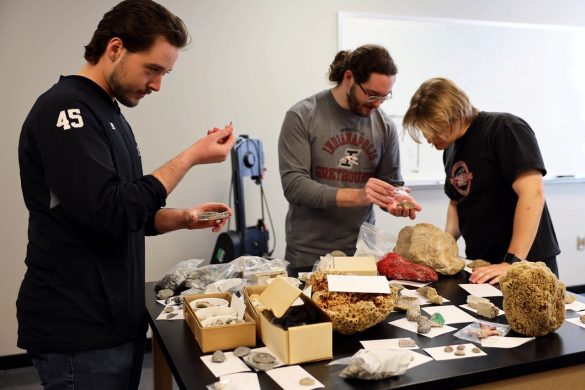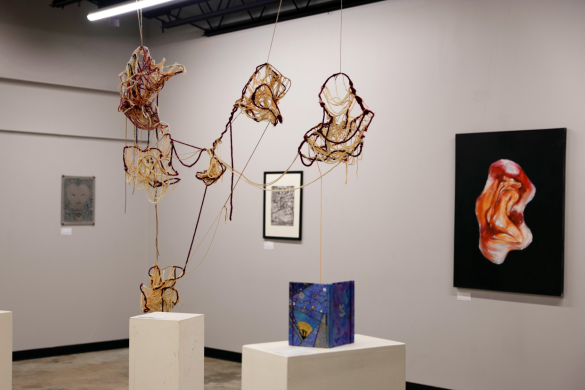
The mission of Exodus Refugee Immigration is to resettle refugee families and individuals who are fleeing persecution in their native lands throughout the city Indianapolis. This is done by providing necessary resources such as housing, counseling, employment opportunities and any other services needed by the new Americans. Photos contributed by Exodus Refugee Immigration
Founded in 1981 to serve the legal needs of immigrants and Cuban refugees, Exodus Refugee Immigration is a local organization that guides refugees through the resettlement process in Indianapolis. Since that time, it has helped refugees from more than 33 countries. Due to the variety of skills needed in preparing migrants for life in their new home country, Exodus is also an internship location for University of Indianapolis students from a variety of majors.
UIndy alum Cole Varga has worked as executive director at Exodus since 2009. As a graduate student studying international relations at UIndy, he began an internship at Exodus on a professor’s recommendation.
After refugees are vetted and admitted into the country by the United States Department of State, they are dispersed to smaller agencies such as Exodus. Those agencies then provide refugees with housing, help them learn English, attend school, and find employment. According to Varga, the purpose of this process is to successfully integrate refugees into society and help them become self-sufficient in a matter of months, beginning as soon as they arrive in Indianapolis.
“I like to describe it as international work done locally,” Varga said. “The primary goal of refugee resettlement is to bring people in, give them some skills up front, connect them with an apartment, with medical care, get the kids in school and find people jobs so they are ultimately self-sufficient very quickly.”
Varga said that his time spent studying international relations at UIndy helped him build an emotional connection to his work and to the trials of those who filter through Exodus every day. He described how understanding the global environment that refugees come from gave him a more empathetic perspective for his current occupation.
Although Varga’s own involvement with Exodus came from his study of international relations, it is not the only major Exodus accepts or the only one with skills useful to help refugees in Indianapolis. In fact, migrants require aid with a variety of activities that, although commonplace to the average American, are time-consuming and difficult for a refugee, such as obtaining a driver’s license.
Associate Professor of International Relations and Director of the Graduate Program in International Studies Jyotika Saksena explained how Exodus requires a large range of skills not limited to one person or department.
“You hear about all of the refugees that are being created, and Exodus allows you to learn about what happens to those refugees,” Saksena said. “How did they settle in? How are they adjusted into the community? This makes it good overall for [majors from] different departments, because there is so much that is needed within the refugee community. They need people to help them learn English. They need people to help them adjust to living in a new country.”
How that host country views the incoming refugees is undeniably complex, as recent political debates surrounding refugee resettlement have ignited controversy. According to Varga, the decision by President Trump to reduce refugee admissions into the U.S. from 110,000 annually to 50,000 is detrimental, not only to the millions of refugees currently seeking asylum worldwide, but to the U.S. and, on a local level, Indianapolis itself.
“This is one of the most important things we do as a country, refugee resettlement. It’s a humanitarian program. It often gets lumped in with immigration, but really refugee resettlement is a humanitarian program and a part of our humanitarian efforts with the rest of the world,” Varga said. “Welcoming refugees not only adds to our community, it makes our community more diverse— it brings new people with different perspectives, different languages, different cultures.”
According to Exodus, the organization served 947 refugees in 2016, predominantly from the Democratic Republic of the Congo, Syria and Burma. Its mission statement promises to“serve refugee individuals and families as well as certified victims of human trafficking, asylees, SIV holders and secondary migrant refugees.”
Varga emphasized the importance of refugee rights in Indiana and explained how Hoosiers can help organizations such as Exodus receive support by engaging with political representatives.
“Refugee issues have really been pushed into a political issue when it’s not a political issue, it’s a humanitarian issue,” Varga said. “Take five minutes of your time and make three phone calls: call Senator Donnelly, call Senator Todd Young and call your representative, your congressman or woman. Tell them how important refugee resettlement is. It’s [part of] a history of humanitarianism in the U.S.; it’s on the Statue of Liberty; it’s part of a lot of our history, the immigrants and refugees who came to this country before [the term] ‘refugee’ was codified.”
In addition to the general services it provides, Exodus offers a sponsorship program through which volunteers can mentor youth, women, and families individually. Saksena said that the experience of working with the refugees leads to an increased appreciation for the relative ease of everyday life.
“If you want to do something really meaningful in your life, and appreciate your own life and where you grew up, then it’s a good way to see how people have lost everything and how they can redevelop themselves,” Saksena said. “However big your problems might be, when you go visit them, you realize ‘My God, they’re struggling for just a simple thing’….Seeing the struggles of another human being, and their entire family, who probably had everything back in their home country, it really puts your life in perspective.”

